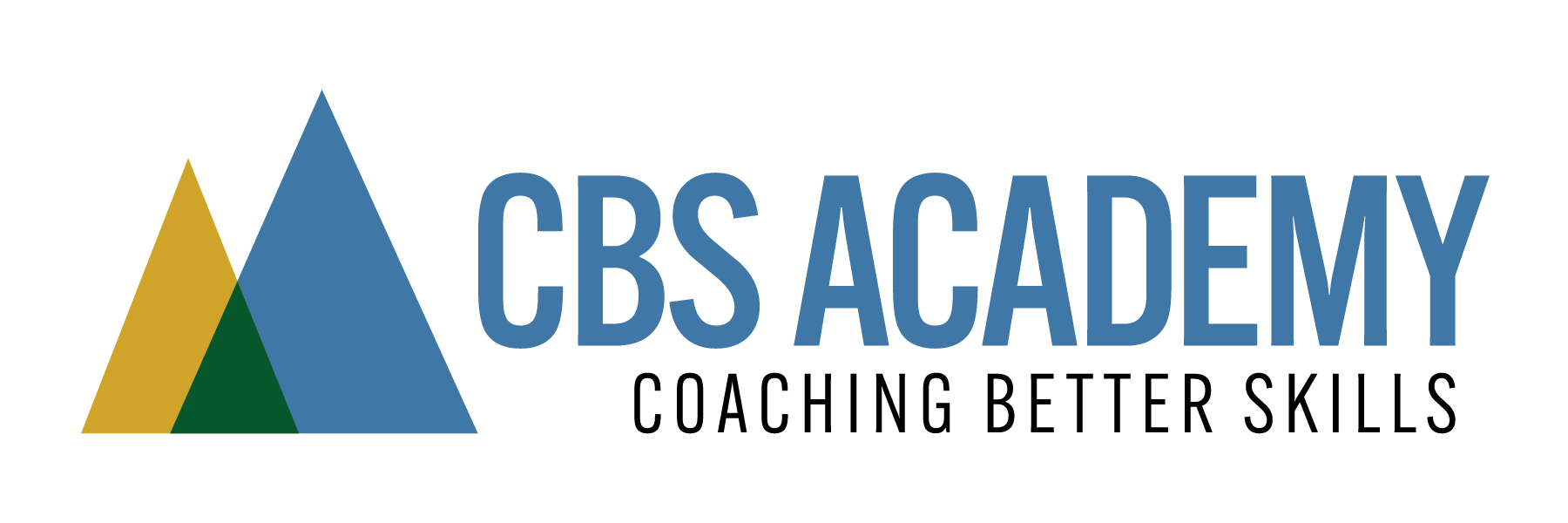If you applaud an “Okay” call, you are saying that it is “good enough”. It really is acceptable and preferred to give constructive feedback and end the session with, “I know we can do better…Let’s talk about how we can get better.”
Call Calibrations are meant for the leaders to evaluate the application of call skills on live calls. Call Calibrations are in fact, “Live certification”. During training, we often hear, “I am much better on the phone.” Or, “If this was a real call…” Well, this is the purpose of call calibrations, to use real calls to certify your people daily (or as often as you do calibrations).
Thus, if in training certification, the agent would not pass for example, if “Raising the Initial Offer” was missed with a Willing customer: then it should not be “okay” during a calibration. If jumping to a program too soon, without identifying the Reason for Delinquency and working through “Regular and Other Sources of Income” is not acceptable during training, why make it “okay” during call calibrations?
It is tough to give someone honest feedback that contradicted the person’s self-assessment. Make it easier on both of you by using your MOS tools. Meaning, guide the person through another self-assessment by having them compare their performance to the call model standards, after hearing the call. Then, after an accurate assessment, don’t ‘beat them up’, rather, move to solutions.
So, going forward, on that call where the agent nailed the Open, did not state FOT verbatim, self-negotiated (talked themselves out of money), got the rapid pay method, missed the recap, urgency, but closed with “Thank you”. Allow the agent to self-assess against the backdrop of the call model and against the call skill standards. Congratulate the agent for an accurate self-assessment. Ask about challenges with the correct application of the call model on all calls. Determine the agent’s current performance and what to work on first as a next step. Gain a commitment from the agent to do better the next call. End the session by building the confidence of the agent with, “I know you can do this. I have all the confidence that if you apply what you were taught and what we have reviewed, your calls will improve.”
Let’s strive to end each day, not saying…”I did okay today”, rather…”I did my best today”
Call Calibrations are meant for the leaders to evaluate the application of call skills on live calls. Call Calibrations are in fact, “Live certification”. During training, we often hear, “I am much better on the phone.” Or, “If this was a real call…” Well, this is the purpose of call calibrations, to use real calls to certify your people daily (or as often as you do calibrations).
Thus, if in training certification, the agent would not pass for example, if “Raising the Initial Offer” was missed with a Willing customer: then it should not be “okay” during a calibration. If jumping to a program too soon, without identifying the Reason for Delinquency and working through “Regular and Other Sources of Income” is not acceptable during training, why make it “okay” during call calibrations?
It is tough to give someone honest feedback that contradicted the person’s self-assessment. Make it easier on both of you by using your MOS tools. Meaning, guide the person through another self-assessment by having them compare their performance to the call model standards, after hearing the call. Then, after an accurate assessment, don’t ‘beat them up’, rather, move to solutions.
So, going forward, on that call where the agent nailed the Open, did not state FOT verbatim, self-negotiated (talked themselves out of money), got the rapid pay method, missed the recap, urgency, but closed with “Thank you”. Allow the agent to self-assess against the backdrop of the call model and against the call skill standards. Congratulate the agent for an accurate self-assessment. Ask about challenges with the correct application of the call model on all calls. Determine the agent’s current performance and what to work on first as a next step. Gain a commitment from the agent to do better the next call. End the session by building the confidence of the agent with, “I know you can do this. I have all the confidence that if you apply what you were taught and what we have reviewed, your calls will improve.”
Let’s strive to end each day, not saying…”I did okay today”, rather…”I did my best today”
